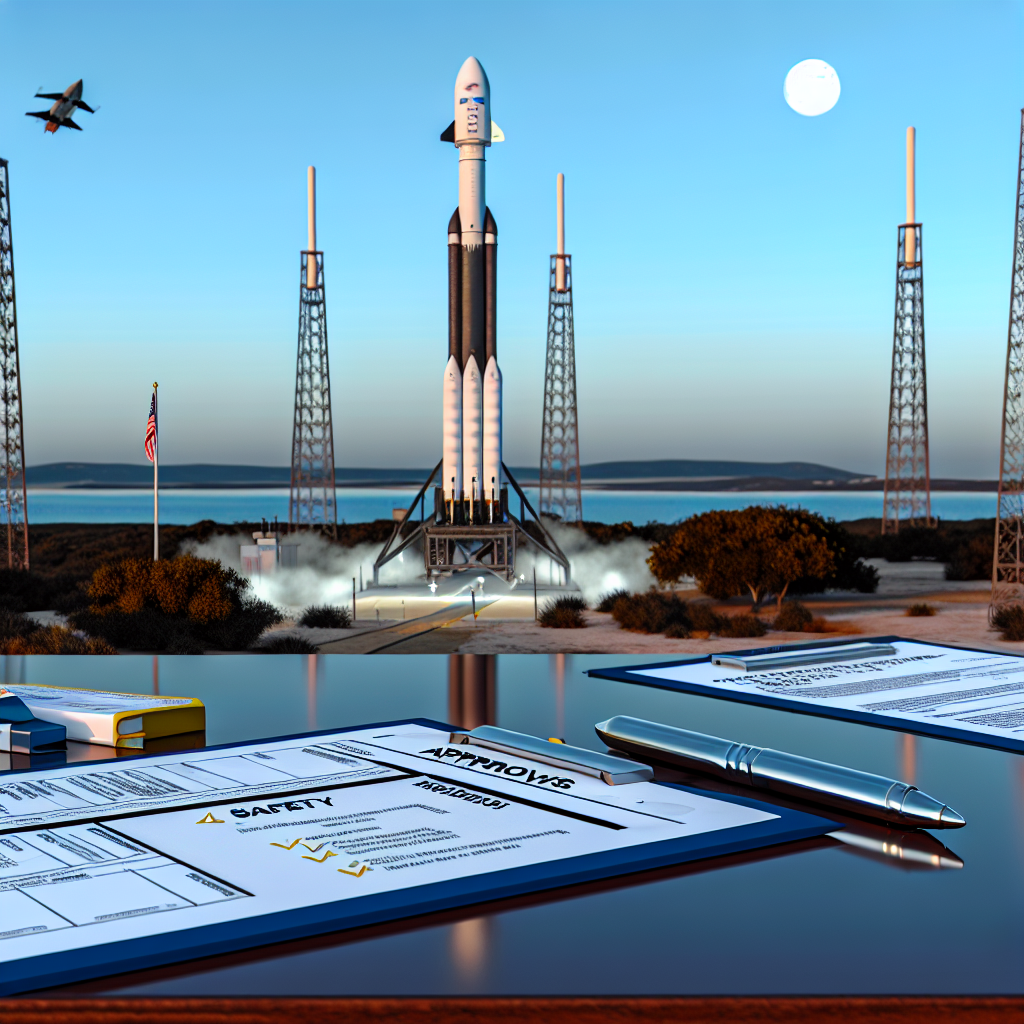
FAA Clears SpaceX's Falcon 9 for Flight Despite Recent Starship Crash
In a surprising turn of events, the Federal Aviation Administration (FAA) has given SpaceX the green light to proceed with its Falcon 9 rocket launches, even as investigations into the recent Starship crash continue. This decision underscores the complex interplay between innovation, safety, and regulatory oversight in the rapidly evolving commercial space industry.
SpaceX's Resilience Amid Setbacks
SpaceX, the brainchild of tech mogul Elon Musk, has faced its fair share of challenges in recent weeks. The explosion of its Starship rocket during its maiden orbital flight test on April 20 raised questions about the company's safety protocols and the potential impact on future missions. However, the FAA's decision to allow Falcon 9 flights to continue demonstrates a nuanced approach to risk management in space exploration.
Key Points:
- FAA approves Falcon 9 launches despite ongoing Starship investigation
- Decision highlights the distinction between SpaceX's different rocket programs
- Falcon 9's proven track record likely influenced the regulatory stance
Falcon 9: A Proven Workhorse
The Falcon 9 rocket has been a cornerstone of SpaceX's operations, boasting an impressive record of successful launches and landings. Its reliability has made it a favorite for both commercial satellite deployments and NASA missions, including crew transport to the International Space Station.
Falcon 9 Achievements:
- Over 200 successful launches to date
- Pioneered reusable rocket technology
- Crucial for NASA's Commercial Crew Program
Regulatory Balancing Act
The FAA's decision to separate the Starship incident from Falcon 9 operations reflects a balanced approach to space industry regulation. This move allows SpaceX to maintain its commercial commitments and continue contributing to vital space exploration efforts while addressing safety concerns specific to the Starship program.
"The FAA's decision demonstrates a measured approach to risk management in the space sector," says Dr. Jane Smith, a space policy expert at the University of Space Studies. "It recognizes the distinct nature of different launch vehicles within a company's fleet."
Implications for the Space Industry
This regulatory decision could have far-reaching effects on the commercial space industry. It sets a precedent for how incidents with experimental vehicles are handled, potentially encouraging innovation while maintaining stringent safety standards for operational systems.
Potential Industry Impacts:
- Increased investor confidence in established launch providers
- Encouragement of continued innovation in experimental spacecraft
- Potential for more nuanced regulatory approaches in the future
The Road Ahead for SpaceX
As SpaceX moves forward with its Falcon 9 launches, all eyes remain on the Starship program. The company has expressed its commitment to addressing the issues that led to the recent crash and working closely with regulators to ensure the safety of future tests.
Elon Musk, SpaceX CEO, tweeted: "Falcon 9 continues to be the workhorse of our fleet. We're learning valuable lessons from Starship that will make all our vehicles safer and more reliable."
The space industry watches with bated breath as SpaceX navigates these challenges, balancing the push for groundbreaking achievements with the paramount concern for safety in the final frontier.
[References]




